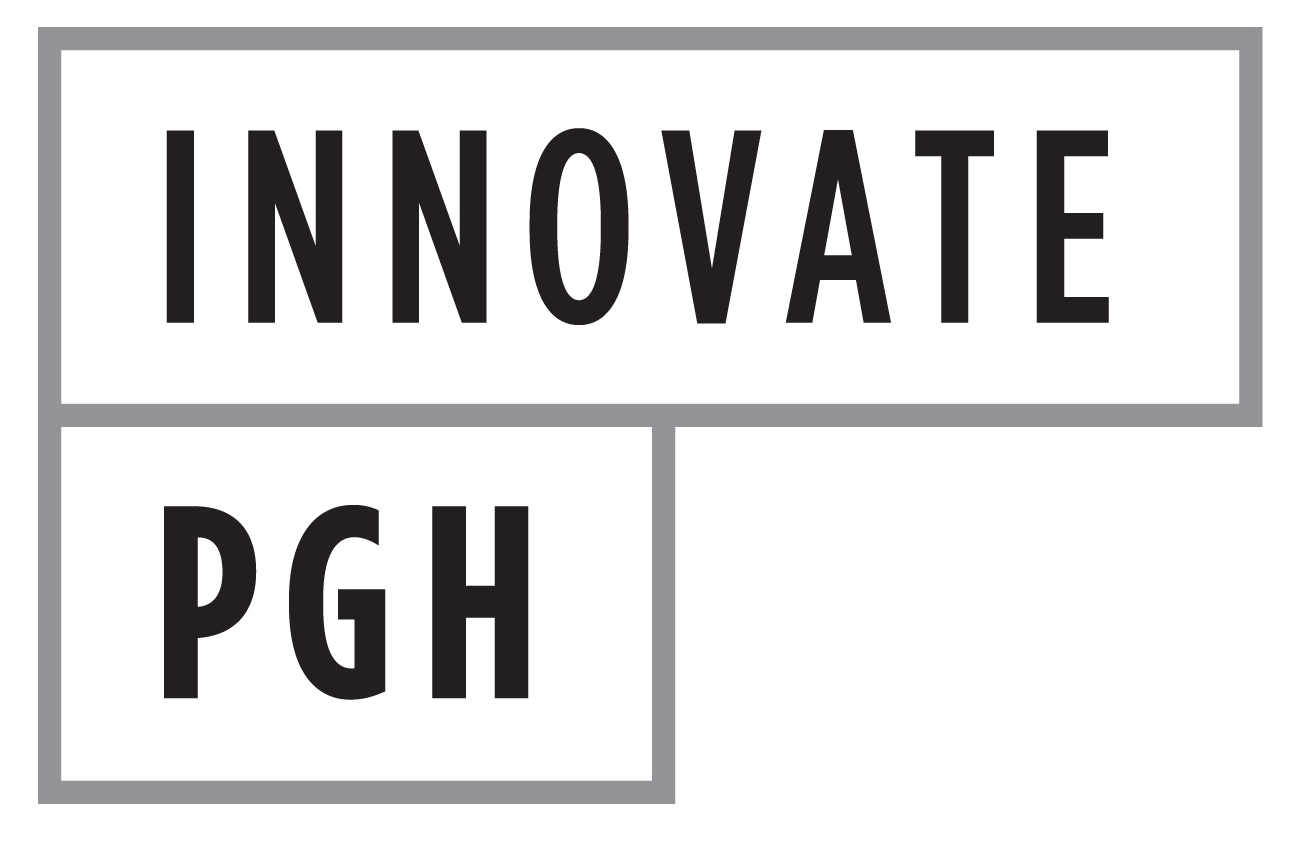InnovatePGH Receives $6.9 Million in Build Back Better Funding to Expand Pathways to Entrepreneurship in Pittsburgh Region
The Southwestern Pennsylvania New Economy Collaborative (the Collaborative) received $62.7 million federal Build Back Better Regional Challenge grant awarded by the U.S. Economic Development Administration (U.S. EDA).
The southwestern Pennsylvania region is one of only 21 applicants receiving this grant funding, chosen from the 60 finalists involved in Phase 2 of the Build Back Better challenge. Phase 1 of the challenge received 529 application submissions, of which southwestern Pennsylvania was chosen as one of the 60 applications to move to Phase 2. As recipients of this grant, the region proudly joins 20 other recipients to be awarded funding to advance industry cluster development projects across the nation.
Coordinated by the Collaborative board, chaired by Stefani Pashman, CEO of the Allegheny Conference on Community Development, and Farnam Jahanian, President of Carnegie Mellon University, partners – including labor, educational institutions, workforce and economic development colleagues, businesses and more – have come together since the fall of 2021 to pursue a federal Build Back Better investment aimed at seizing a once-in-a-generation opportunity to build the region’s robotics and autonomy technology sector. During the application process, the Collaborative convened a coalition of more than 90 public and private organizations representing 11 counties in southwestern Pennsylvania.
The Collaborative extends its sincere gratitude to the Biden administration and the U.S. EDA for selecting southwestern Pennsylvania as a Build Back Better grant recipient. The Collaborative also thanks U.S. Senator Bob Casey and U.S. Representatives Mike Doyle and Connor Lamb for their commitment to the region’s success in the challenge.
Transforming People and Places Across the Region Via Five Grant-funded Projects
The Build Back Better grant will fund five regional projects, which together are designed to provide long term opportunities for the individuals, businesses, and communities in southwestern Pennsylvania to become involved in the burgeoning robotics and autonomy industry. An analysis conducted during the application process estimates the overall economic impact of this growing sector includes more than 14,500 workers, over 750 companies, and approximately $575 million in regional Gross Domestic Product (GDP).
“The Build Back Better grant will bring renewed vitality to our 11-county region and enhance opportunities for a wide band of people, businesses and places in ways we have not seen before,” said Pashman. “These projects are designed to open doors to anyone who wants to participate in the region’s thriving robotics cluster. This includes expanded opportunities for women and people of color, as well as provide geographic equity throughout the region. The grant also puts a plan in motion for the adoption of robotics and AI technologies across a vast portfolio of existing businesses – of every size and in all corners of the region - and seeks to leverage our base of manufacturers to build robust local supply chains.”
“Southwestern Pennsylvania winning this significant Build Back Better Regional Challenge grant is a testament to the sheer power of collaboration that’s been so integral to the transformation of our regional economy,” said Jahanian. “This effort will catalyze new programs and partnerships that share our region’s distinctive strengths in robotics, AI and automation with new and small businesses in our key sectors, while elevating and training a more resilient workforce. By expanding the geography of these innovations, Carnegie Mellon is thrilled to work with partners to broaden accessibility to our nation's technologically driven economy to all in our region.”
Projects Will Focus on Robotics Adoption, Upskilling Infrastructure and Commercialization
The projects that will be funded by the Build Back Better grant are deeply interconnected and rely on the others to ensure mutual success. The five projects that will receive funding are focused on adoption, upskilling infrastructure, and commercialization in the robotics sector.
These projects include:
• Small & Medium Enterprises (SME) Robotics Adoption, led by Catalyst Connection
$4.8 million grant to focus on boosting regional competitiveness by bringing Pennsvylania’s innovations in robotics and automation to SMEs in other industries like agriculture, construction, energy, healthcare, manufacturing, mining, and transportation.
• Robotics Manufacturing Hub, led by The Advanced Robotics for Manufacturing Institute
$14.2 million grant to de-risk the adoption of advanced robotics and automation technology by SMEs and accelerate the commercialization of robotics technologies in these entities.
• Expanded Pathways to New Economy Careers, led by Southwestern Pennsylvania Commission
$24.8 million grant to establish a highly coordinated, regional upskilling system serving both robotics technology developers and robotics technology adopters in the long run, opening a range of training options outside of traditional four-year and advanced degrees and ensuring that programs evolve based on industry needs.
• Robotics Startup Factory, led by Innovation Works
$12 million grant to create a globally prominent Applied Robotics Startup Factory that accelerates the formation of startups focusing on robotics and automation in multiple industry sectors, including (but not limited to) agriculture, construction, mining, energy, warehousing, and manufacturing.
• Expanded Pathways to Entrepreneurship, led by InnovatePGH
$6.9 million grant to increase pathways into the robotics and autonomy industries for underrepresented populations and launching new Minority- and Women- Owned Business Enterprise (MWBE) companies that can support the innovation economy.
As each of these projects work together to grow the region’s impact and leadership in the robotics and autonomy sector, the Collaborative and associated private and public entities will continue to collaborate to see each project from beginning through completion.
Read more about the Build Back Better Regional Challenge here: eda.gov/arpa/build-back-better
Contact:
Lindsay Powell, Director of Workforce Strategies
lp@innovatepgh.com
